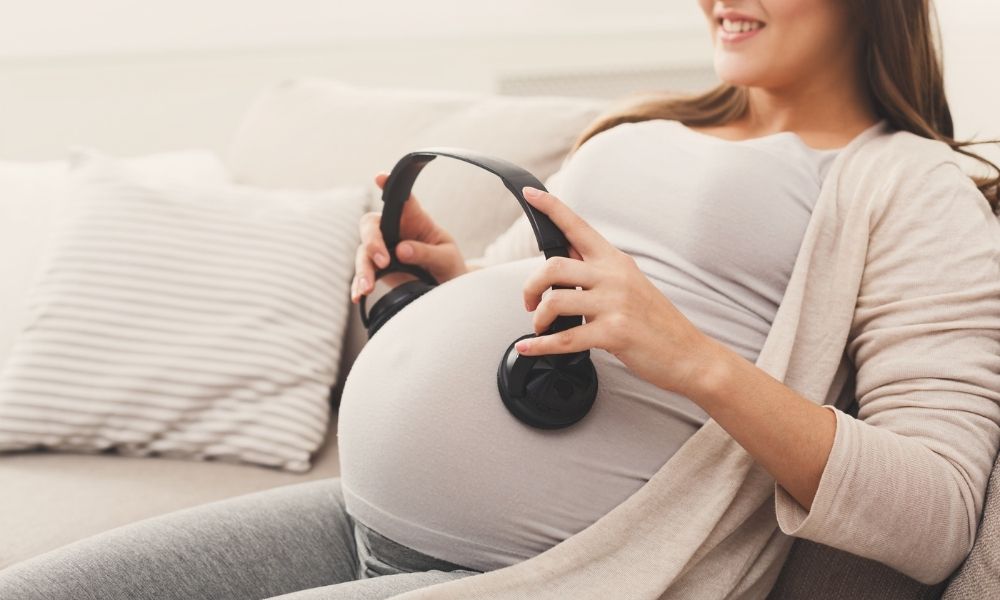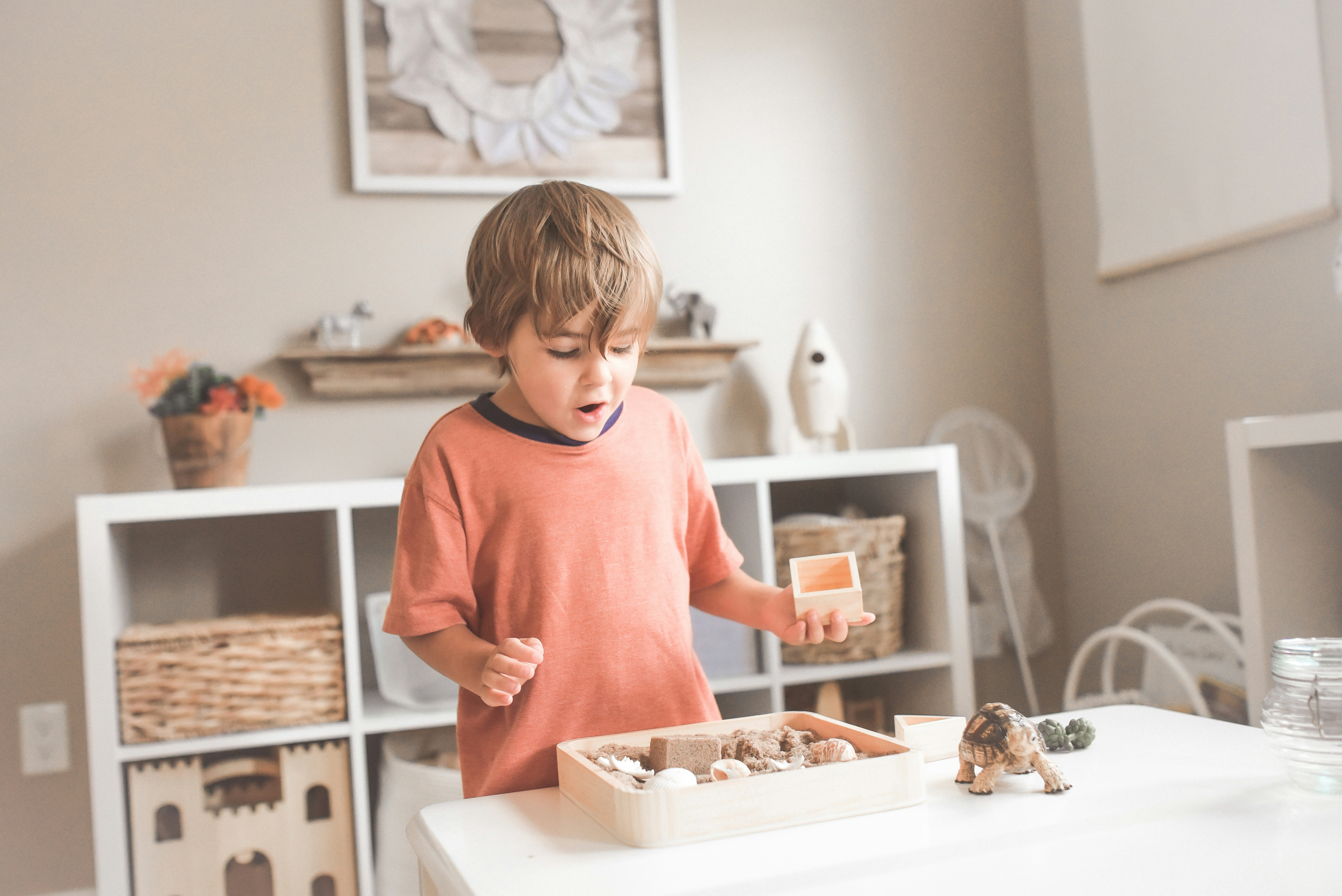What’s normal?
It is important to distinguish between the baby blues and PND. Baby blues are completely normal and can affect up to 80% of new mums. This is not an illness nor is it a mild form of postnatal depression. It is simply a brief time when new mums feel emotional, teary, depressed or irritable just after the birth of their baby.
Why women feel like this is actually not fully known. Hormones are always blamed for any emotional change in a woman and they probably are partly to blame here. When new mums start producing milk (usually around 3 days after baby is born) many start to feel like this and because making milk means a lot of hormones are flying around; that’s what gives us the idea that they are partly to blame.
Having a baby is not always what people expect. Establishing sleeping and eating patterns takes time and babies don’t come with an instruction book, unfortunately! No one really knows where to begin and it’s no surprise really that missing out on a good night’s sleep can make you feel ratty. Everyone wants to give you the benefit of their advice and their own experiences – only you don’t want to know! So don’t think you’re losing it if you start to feel a bit teary for a few days after having your baby – it’s completely normal!
When should I be worried?
Baby blues come and go and don’t usually stick around for more than 10 days. Even though you may feel low and irritable and might just need a good cry, the blues shouldn’t stop you leading your life. If symptoms start to interfere with day to day living and are still hanging around after two weeks then it could mean you have PND.
Postnatal depression affects around 1 in 10 women in the UK and a further 4 in 10 teenage mums.
It’s a more serious problem than the blues but can look a lot like them.
How might I feel?
You may have a persistent low mood (all day for most days of the week), be unable to sleep even when the baby sleeps, unable to concentrate, have a loss of appetite, feel hopeless, not feel able to enjoy anything, lose interest in the baby, feel lethargic, have aches and pains, experience excessive anxiety around the baby or feel guilt that ‘you are a bad mother’. You may also have ideas of wanting to escape or thoughts of self-harm or suicide (sometimes these are vague, sometimes more specific).
Some myths…..
1. PND is less severe than other types of depression
PND is as serious as any form of depression.
2. PND is all down to hormones
Many factors can cause PND. Generally depression is triggered by emotional or stressful events and having a baby is a challenging experience.
3. PND will go away by itself in time
Unlike the baby blues, PND requires treatment. There are two common ways of dealing with PND: talking therapies and medication. Talking about how you feel to a trained therapist can be, for some, easier than talking to a friend. Medication is usually for mums who have quite severe PND. They are not addictive but can have some side effects and can affect breastfeeding – let your GP know you are breastfeeding if you require medication so they can find the best suited for you.
REMEMBER: If you are already on medication when you become pregnant, you should see your GP or a mental health professional as soon as possible to discuss whether you should continue to take it. With very few exceptions, it is not necessary to suddenly stop taking medication and to do so could cause side-effects. You will need to weigh up the risks with your doctor of continuing medication and the risks of stopping it. If you do decide to stop then it is usually recommended to reduce the dose over several weeks.
4. Only mums can get PND
Not true. Dads can suffer too. 1 in 5 men experience depressive symptoms following the birth of their child. Having a baby means extra pressures (financial pressures, increased responsibility).
5. It’s all my fault
Postnatal depression can happen to anyone and you are not to blame! Sometimes there is an obvious reason for PND but not always. There are things that can help ease symptoms if you are affected by this. REMEMBER: You are not superwoman! Some household chores can wait. Find someone you can talk to. If it’s not easy for you to talk to a partner, friend or family member there is always your midwife, health visitor or GP – it’s what they are there for. It is never too late to ask for help.
Eat regularly, even if you don’t feel like it, get a bit of exercise – brilliant to combat stress and low mood – even if it’s a walk to the park or just round the block.
The ’emotional timeline’
The baby blues should only last for a limited time (up to 10 days after birth), while PND can last up to six months and beyond.

Puerperal psychosis
This condition is extremely rare and only affects 1 or 2 per 1,000 mums. Sufferers of this develop a severe psychotic illness that requires medical help and or hospital treatment after the birth of their baby. This condition can develop within hours of childbirth and is very serious. Mums often act strangely and symptoms are usually picked up by other people (hallucinations, delusions, suicidal thoughts) as mum doesn’t realise she’s behaving as she is. Past history or past family history of mental illness (particularly Bipolar Affective Disorder) can increase your chances of developing it but remember, it’s rare! With the right treatment, women typically make a full recovery within a few weeks to a couple of months.
References
Fraser, D. M. & Cooper, M. A. (Eds.) (2009). Myles Textbook for Midwives: 15th Ed. London: Elsevier.
All information we provide is for educational and awareness purposes only. Any concerns should be discussed with your GP, Midwife or Healthcare Professional.
If you’re trying to conceive (TTC), you probably know that there are certain foods and nutrients that become especially important once you’re pregnant. But nutrition plays a vital role even when trying to conceive, much like laying a strong foundation before constructing a house.
Certain nutrients create that foundation by supporting egg and sperm health (yes, nutrition matters for both partners), hormone balance and creating a hospitable environment for a fertilized egg to implant. In fact, studies show that certain nutrients can help increase fertility and improve success rates for both natural conception and fertility treatments.
In other words, nutrition is a key player in the TTC journey, but getting the right nutrients in the right quantities can be tricky. That’s where supplements come in. Just as you’d take a multivitamin to fill in nutritional gaps for optimal health, fertility supplements can give you that extra nutrient boost.
Choosing supplements for your fertility journey
When choosing a supplement to support your fertility journey, look for science-backed, high-quality ingredients. Our editors are careful to select and partner with brands that use ingredients that have been clinically studied to support fertility. Eu Natural® (pronounced you) covers all those bases and more. We love knowing that Eu Natural® products contain zero artificial additives, binders, or fillers and are lab-tested to ensure purity and potency.

When choosing a supplement to support your fertility journey, look for science-backed, high-quality ingredients. Our editors are careful to select and partner with brands that use ingredients that have been clinically studied to support fertility. Eu Natural® (pronounced you) covers all those bases and more. We love knowing that Eu Natural® products contain zero artificial additives, binders, or fillers and are lab-tested to ensure purity and potency.





.jpg)

.png)
.jpg)


%20copy-min.jpeg)

